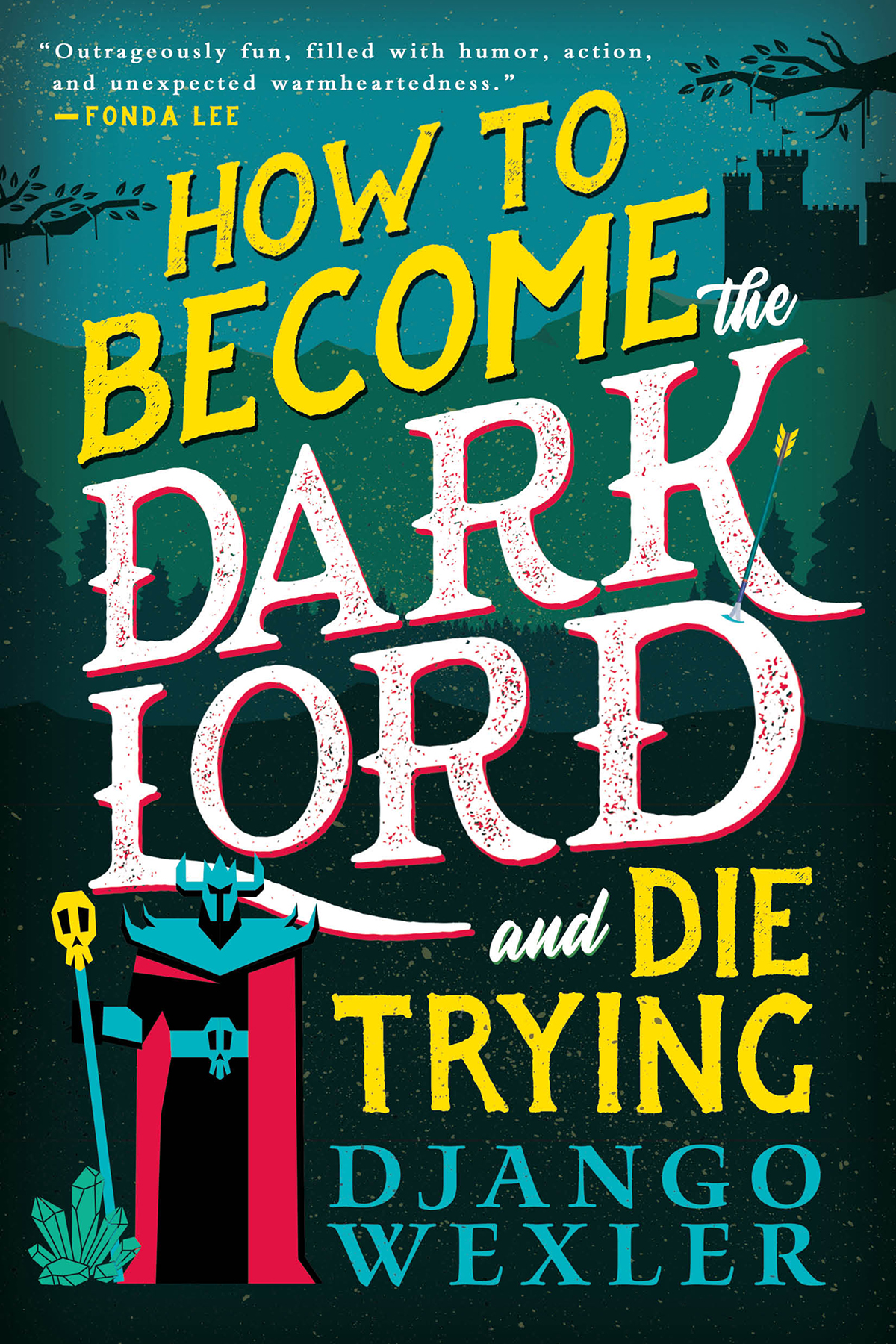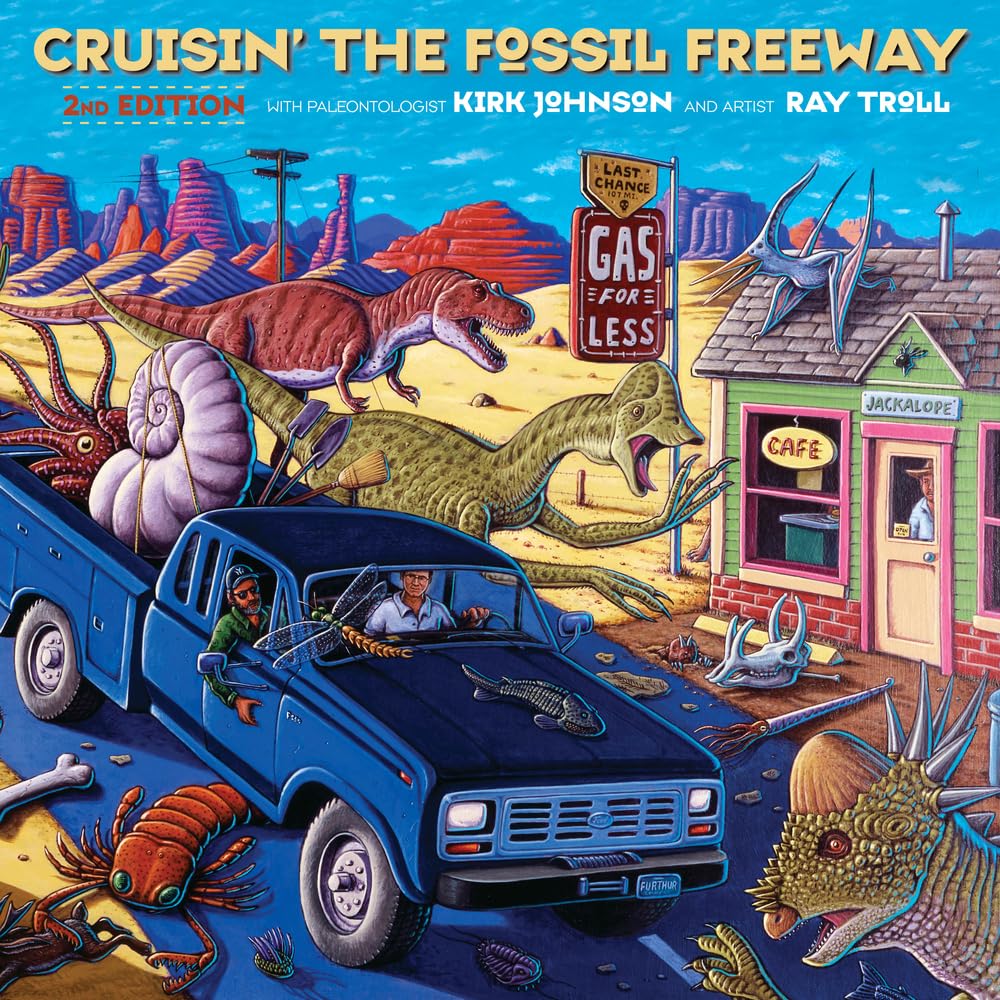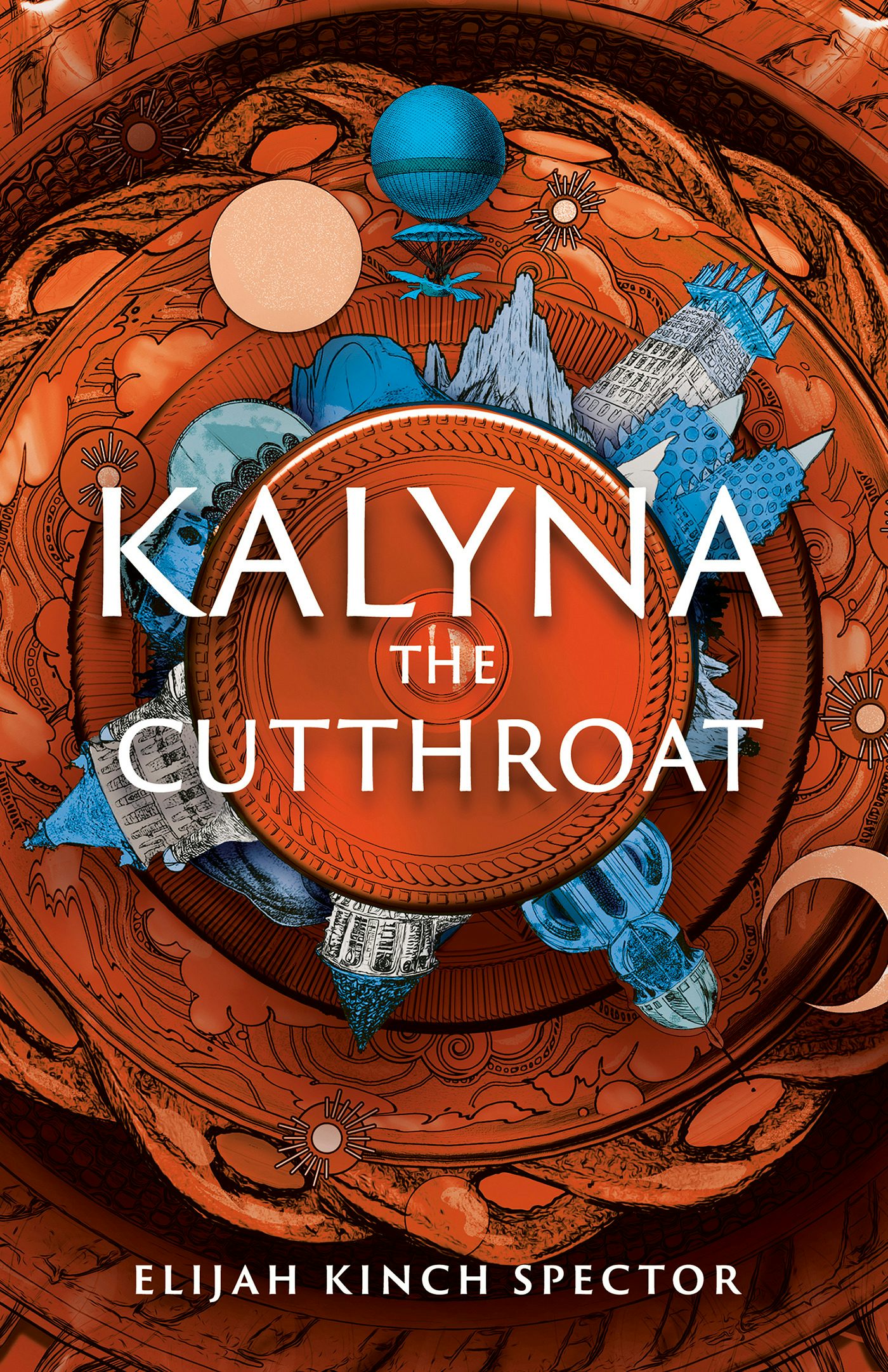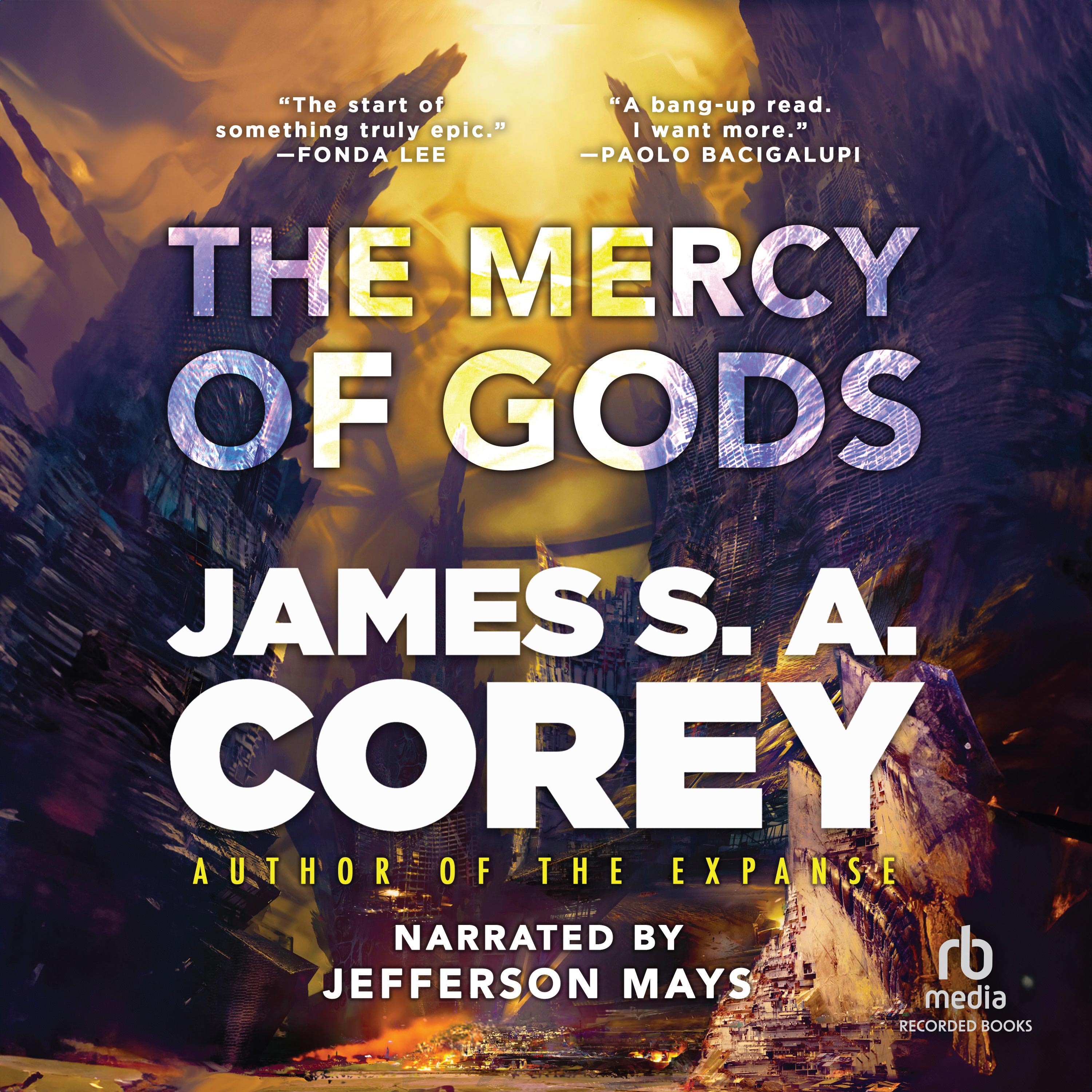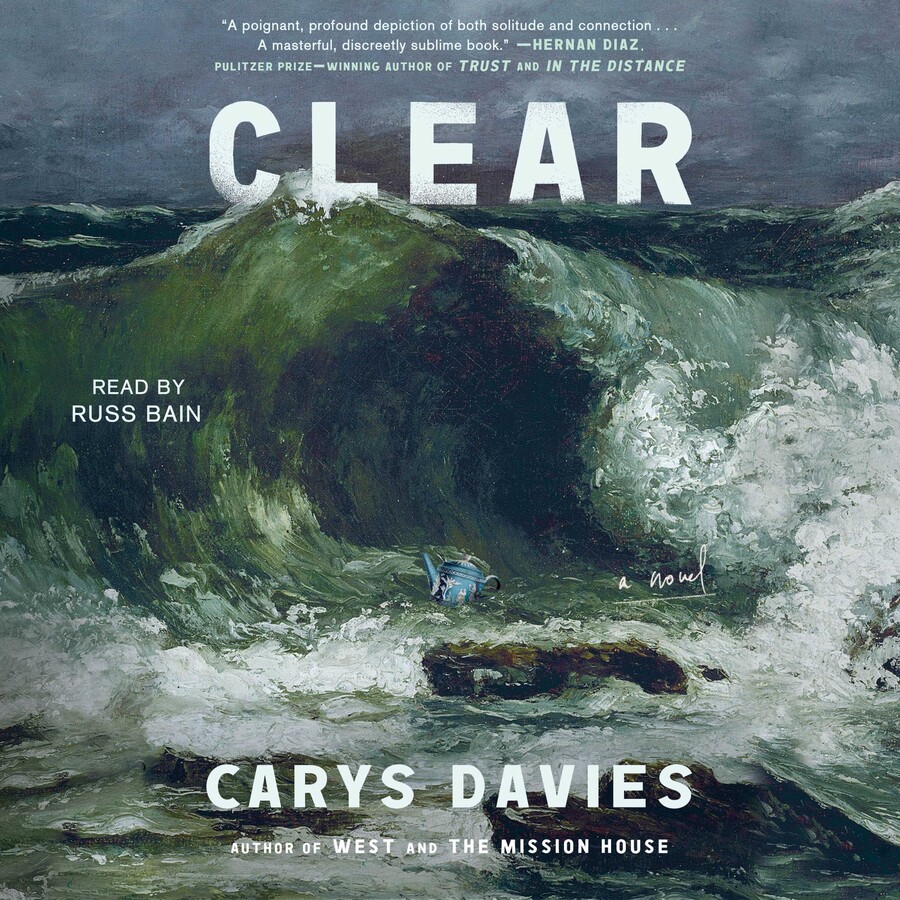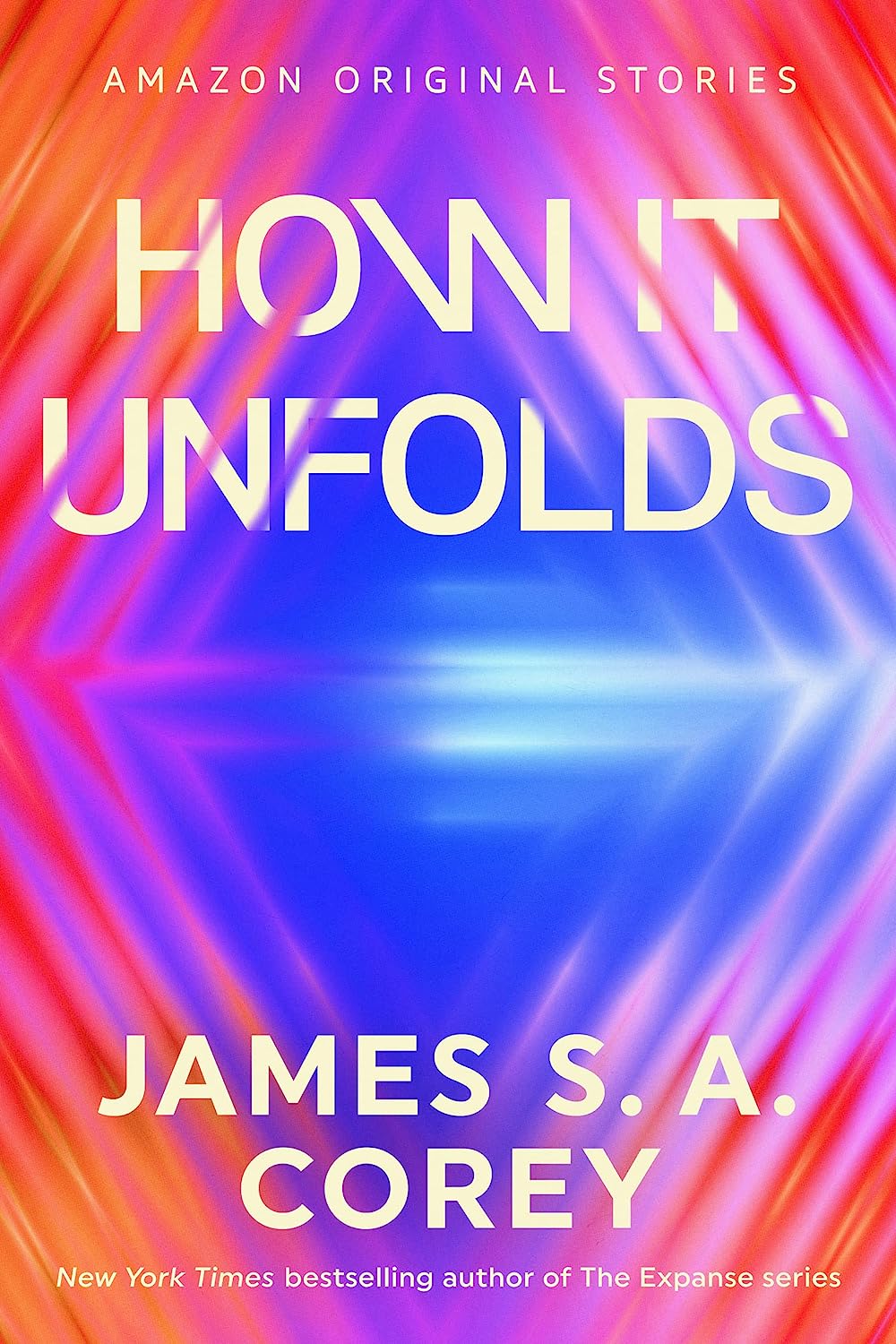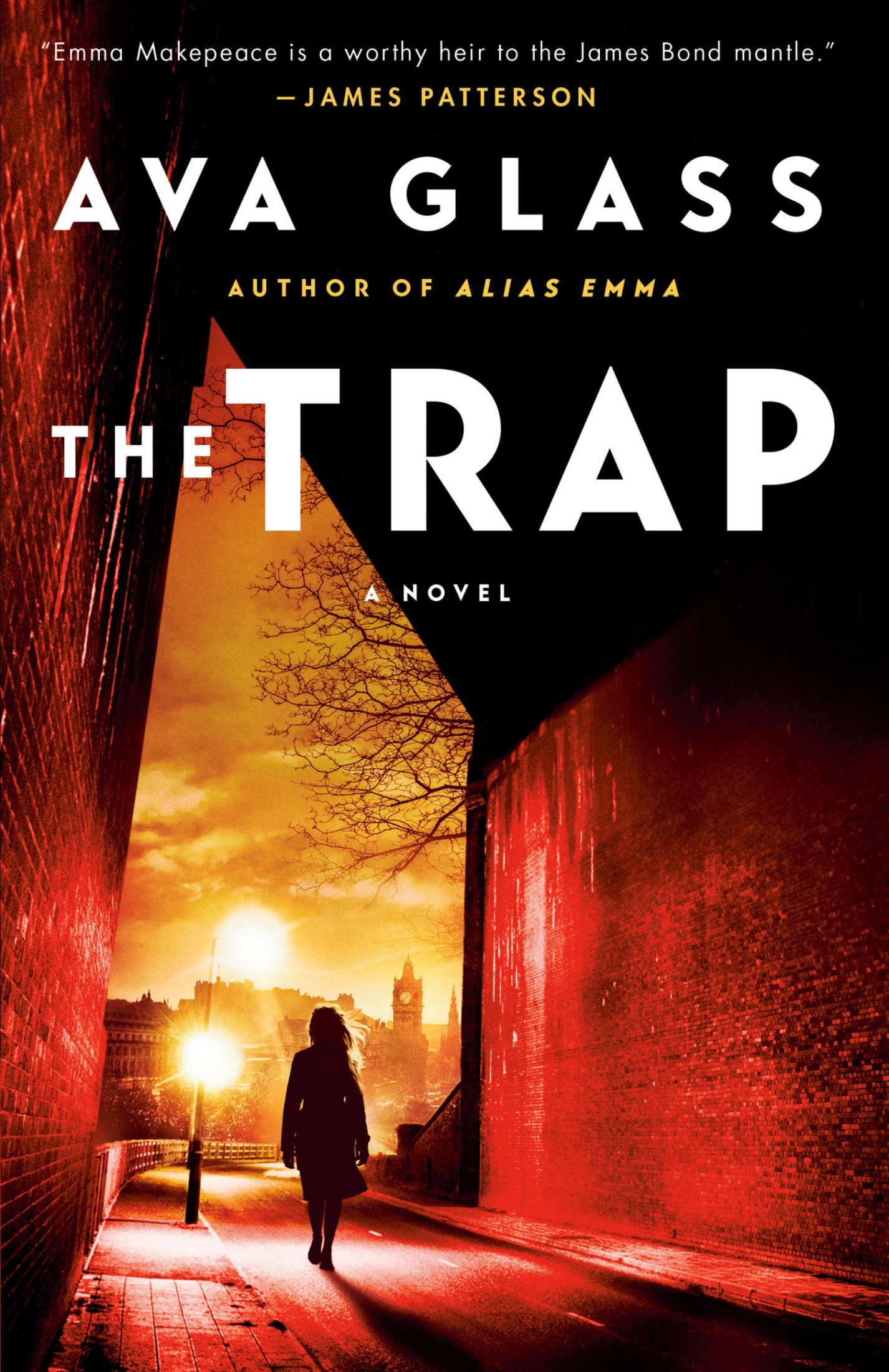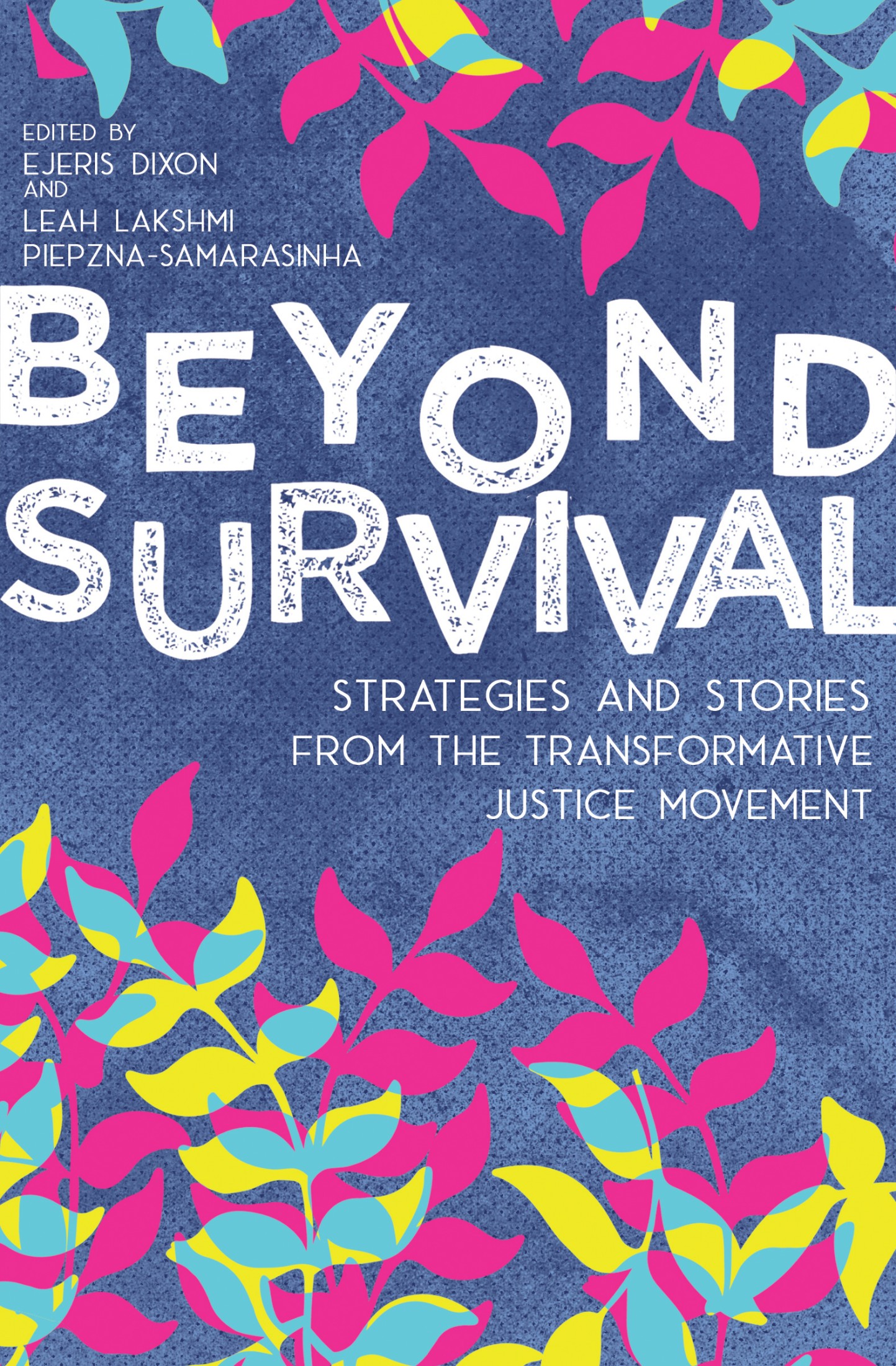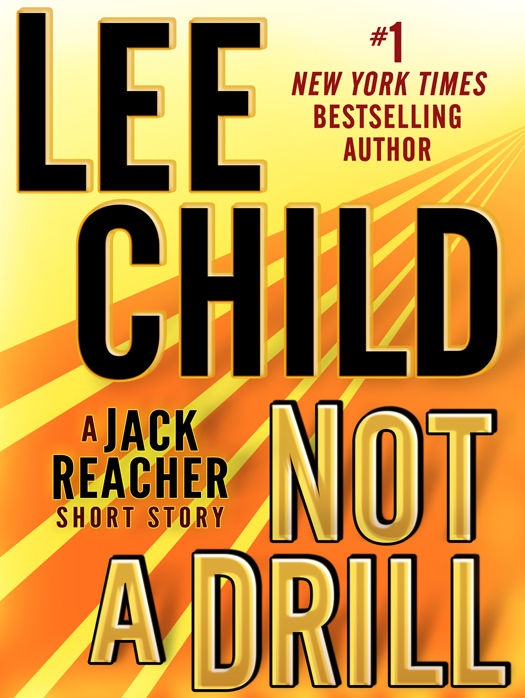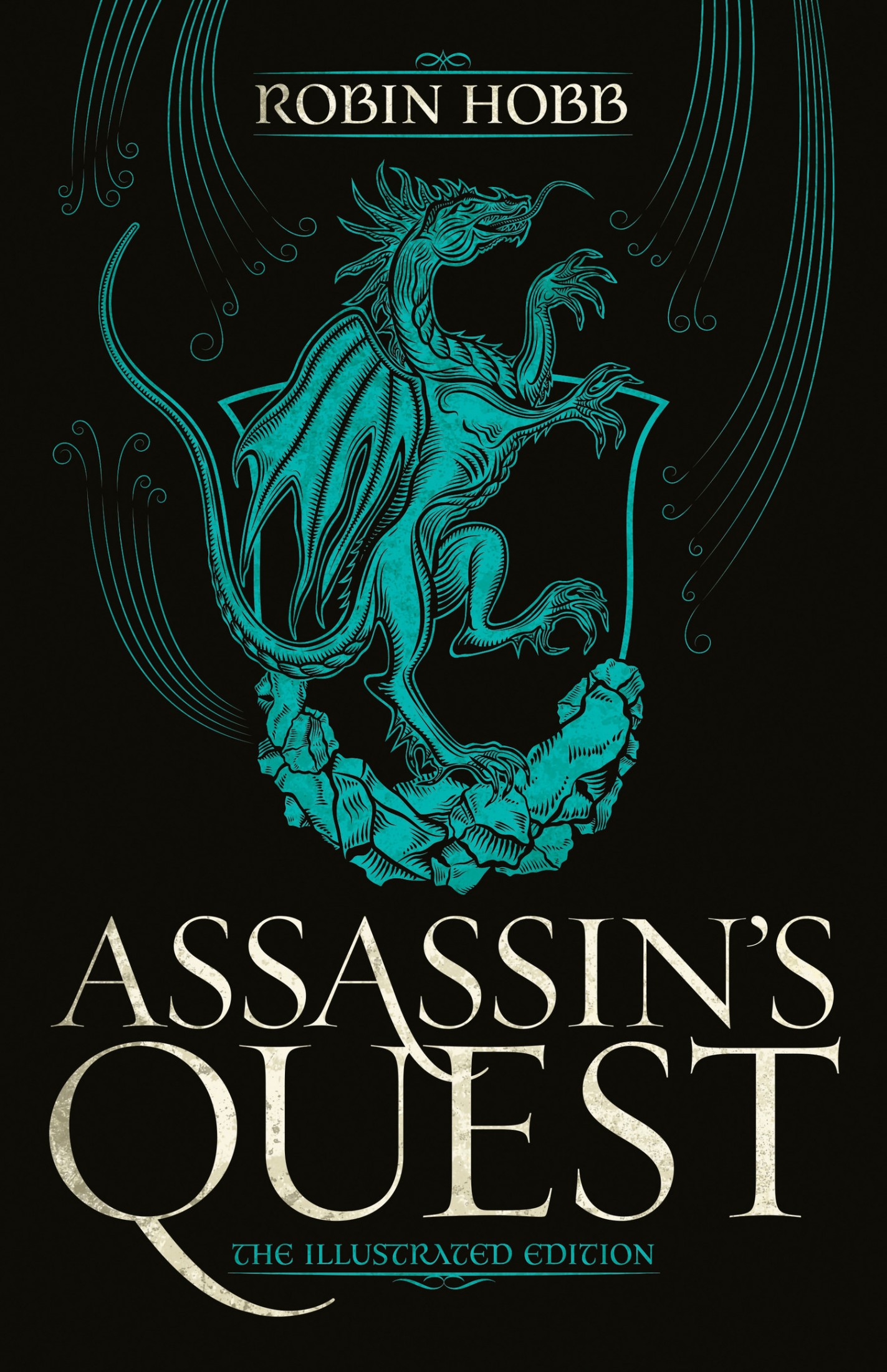Phil in SF reviewed How to Become the Dark Lord and Die Trying by Django Wexler (Dark Lord Davi, #1)
Quite enjoyed this, especially at the end
5 stars
The premise is that Davi wakes up naked in a small pond in a magical world, where she is proclaimed to be the messiah of prophecy. Only after doing this 237 times and the hordes of the Dark Lord overrun the Kingdom every time, she gives up. She decides she's going to become the Dark Lord instead. There's a bit of Groundhog Day in this, but thankfully Wexler only takes us through those motions for the first chapters.
Davi is the kind of character I usually find annoying. Way too quick with quips and never serious, like every damn character in a Scalzi book. Thankfully there's an actual character arc where Davi comes to realize other characters aren't just NPCs in her personal video game, and she becomes less self-obsessed over the course of the book.
This is one of the few books lately where I became more interested in …
The premise is that Davi wakes up naked in a small pond in a magical world, where she is proclaimed to be the messiah of prophecy. Only after doing this 237 times and the hordes of the Dark Lord overrun the Kingdom every time, she gives up. She decides she's going to become the Dark Lord instead. There's a bit of Groundhog Day in this, but thankfully Wexler only takes us through those motions for the first chapters.
Davi is the kind of character I usually find annoying. Way too quick with quips and never serious, like every damn character in a Scalzi book. Thankfully there's an actual character arc where Davi comes to realize other characters aren't just NPCs in her personal video game, and she becomes less self-obsessed over the course of the book.
This is one of the few books lately where I became more interested in the story as it got further along.

